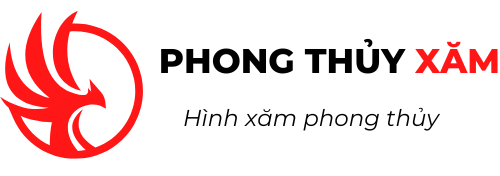Virtual Private Networks (VPN) are a cybersecurity tool that allows access to data from remote locations. Not like most other networks, VPNs are protected and can not be intercepted simply by third parties. This will make them a fantastic choice for businesses that need to patrol data.
Info security is a crucial a part of many organizations’ operations, in particular those that are by law required to guarantee the privacy and reliability of end user and customer data. For instance , GDPR in Europe, HIPAA in the healthcare industry, PCI-DSS for visa or mastercard and payment information, and the Sarbanes-Oxley Act in the financial environment are all laws that require establishments to keep the data safeguarded.
VPN and data protection
The first step to making sure data secureness is to ensure that only certified users get access to your organization’s sensitive data. That’s as to why VPN is a popular resolution for access control in agencies.
To ensure data security, VPNs use tunneling protocols and encryption to hide private information via hackers. They also use sender authentication and concept integrity clouddatapro.org/best-video-proxy-services to discover when info packets have been completely tampered with.
Another way that VPNs secure data is by preventing your Internet company from viewing what you’re doing on the web. Most ISPs experience a lot of insight into a user’s internet activity and browsing history.




